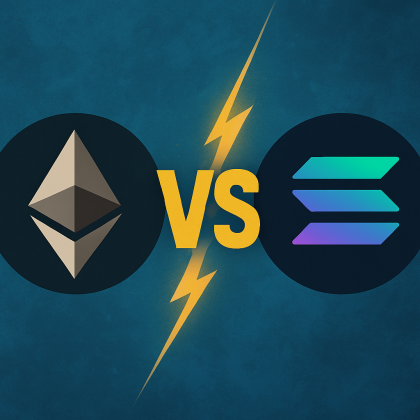Ether (ETH) price has gained 38.5% in the last 30 days, breaking above the $3,100 level for the first time since April 2022. The movement is likely influenced by the anticipation of a spot Ether exchange-traded fund (ETF) in the United States, pending a decision from the Securities and Exchange Commission.
The increased demand for leverage caused Ether futures open interest to surpass $10 billion, causing anxiety among bulls, especially since the previous $11 billion peak in November 2021 marked the ETH all-time high and a subsequent 55% correction.
Should Ether investors be worried this time around?

Data shows that before Feb. 12, Ether futures open interest was unable to break above $8.5 billion for two years. From there, it took less than two weeks to reach the current $10.6 billion, meaning there has been a substantial increase in the demand for leverage in ETH positions. Still, this metric does not account for any imbalance between demand for longs (buyers) and shorts (sellers).
Airdrops and spot Ether ETF expectation behind ETH’s strength
Analysts from JPMorgan see a 50% chance of an Ether ETF by May. Some investors, such as Keyrock CEO Kevin de Patoul, believe that Ethereum’s transition to a proof-of-stake consensus model and the introduction of staking yield could be interpreted as a security offering from the SEC’s perspective.
Besides the spot Ether ETF expectation, there has been growing capital inflow to liquid-staking derivative applications such as EigenLayer, which recently secured $100 million in funding from venture capital firm Andreessen Horowitz. The protocol’s total value locked (TVL) jumped from $1.8 billion to $8.3 billion in the 30 days until Feb. 26.
Additionally, some optimism toward ETH price stemmed from airdrops, including the successful Starknet (STRK) layer-2 solution token on Feb. 20. Despite gathering a less-than-impressive $160 million in TVL, the STRK market capitalization currently stands at $1.4 billion. Similarly, the yet-to-be-launched token from layer-2 Blast has attracted over $2 billion in deposits after a controversial launch in November 2023.
Ethereum derivatives display a healthy demand for leveraged longs
To understand whether Ether investors remain bullish after the 38.5% gains in 30 days, one should analyze the ETH futures premium, also known as the basis rate. Professional traders favor monthly futures contracts due to the absence of a funding rate. In neutral markets, these instruments trade at a premium of 5% to 10% to account for their extended settlement period.

Data reveals that the ETH futures premium has been ranging near 15% since Feb. 14, typically deemed a healthy bullish level with no signs of excessive leverage. Comparatively, the 22% annualized premium seen on Jan. 3 presented a much higher risk of liquidation, given that traders were overly optimistic on price according to the indicator.
Related: ETH, UNI, FIL and GRT turn bullish as Bitcoin price hovers above $51K
To exclude externalities that might have influenced Ether futures, one should analyze options markets. The 25% delta skew can assess whether the rupture above $3,100 on Feb. 26 has made investors excessively confident. In short, if traders expect a drop in Ether’s price, the skew metric will rise above 7%, while periods of excitement typically display a -7% skew.

Data shows balanced pricing between call (buy) and put (sell) options, with the skew metric standing at -3%. Additionally, the indicator has been neutral since Feb. 20, indicating that traders were somewhat skeptical of Ether's price sustaining levels above $3,000.
In essence, derivative metrics are healthy, given that Ether’s price reached its highest level in 14 months with no signs of excessive leverage from bulls.
This article does not contain investment advice or recommendations. Every investment and trading move involves risk, and readers should conduct their own research when making a decision.










